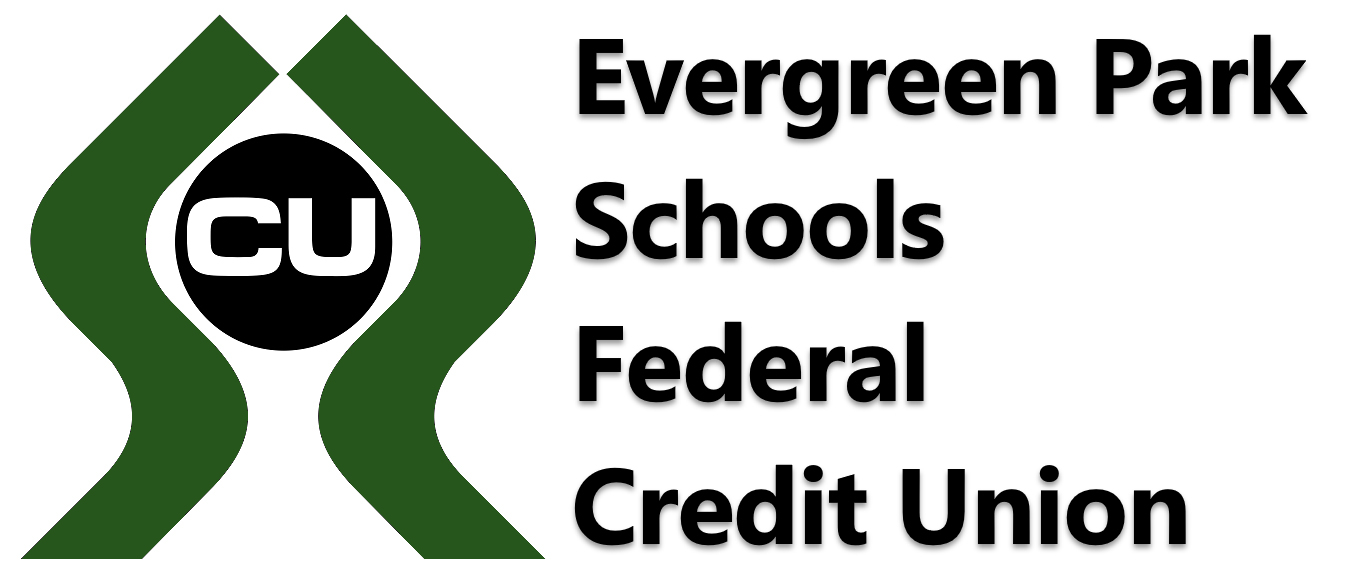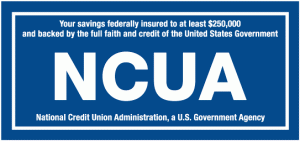Debt relief companies attract customers using phrases such as: “You’re Pre-Qualified”, “Virtually Eliminate Your Debt”, “Pay No Fees until your debt is resolved” or “You’re Guaranteed a Loan”. BUT BE CAREFUL! That offer to make you “debt-free” could make you worse off.
The system is powered by the companies that compile credit reports based on consumers’ borrowing histories. These credit-reporting companies typically sell the data to financial institutions offering loans, but as consumer debt has risen, another type of offer is being pitched to tens of millions of households.
Debt relief companies seek out heavily indebted consumers with a promise to help them get out from under it. But regulators say these debt-settlement programs can leave customers worse off, facing high fees, damaged credit scores and unexpected income-tax bills.
Data from credit-reporting companies has been used by some debt-settlement firms to solicit consumers as their debt is rising and when many are trying to sort out their financial situation. Other firms flood mailboxes with offers of loans, but when consumers call, the pitch can be very different.
Selling Relief: How it works
- Banks and other lenders send information on consumers’ debts to a credit-reporting company.
- Credit-reporting company sell lists of consumers who appear to be getting deeper into debt to loan brokers.
- Loan brokers mail indebted consumers an offer for a loan to consolidate their debts at a low interest rate.
- Consumers call loan brokers and typically are refused a loan.
- Instead, the loan brokers pitch a program from an affiliated debt-settlement firm. These programs can involve high and unexpected tax bills.
Consumers who sign up for these programs are often told to stop paying their credit card bills and other debts and instead put the payments in a special bank account. Then the debt-settlement company negotiates with creditors to try to get them to reduce the consumer’s debt. Halting payments, though, can trigger big penalties and potentially lawsuits by creditors and can hurt a person’s credit score.
Even if the company persuades a creditor to reduce the debt – and there is no guarantee of this – the customer may owe income taxes on the amount of debt forgiven. Taxes combined with fees that these firms charge can be as much as 25% of enrolled debt. This could wipe out any savings from a reduced debt balance. Also, your credit score could be lowered using this strategy making future borrowing more expensive.
Alternatives to debt-settlement companies include nonprofit credit counseling services, which attempt to work with the borrower and creditors to agree on a debt-management plan. These plans usually don’t reduce the amount owed; instead, creditors may agree to lower interest rates or waive fees. Credit counselors may charge fees for some of their services as well.
Green Path is a national nonprofit focused on financial wellness. Green Path offers free credit counseling and debt counseling to help ease your financial stress concerns and develop a plan for living a financially healthy life. Green Path counselors can be reached at 800-550-1961 or go to their website at greenpath.com for more in depth information.
You can also be your own advocate in trying to reduce your payments. If you have been a member in good standing with your credit card company by making your payments on time, try calling them yourself and asking for a lower interest rate or to waive fees. The worst that they can say is no but it won’t cost you any money to ask.
Evergreen Park Schools Federal Credit Union may also be able to help. The Credit Union has two Certified Credit Union Financial Counselors who are happy to offer assistance as well.
Whatever financial bind you may find yourself in, it’s always a good rule of thumb to also speak to your tax attorney or financial advisor to see what recommendations they may have for the best route for you to reduce your debt.


